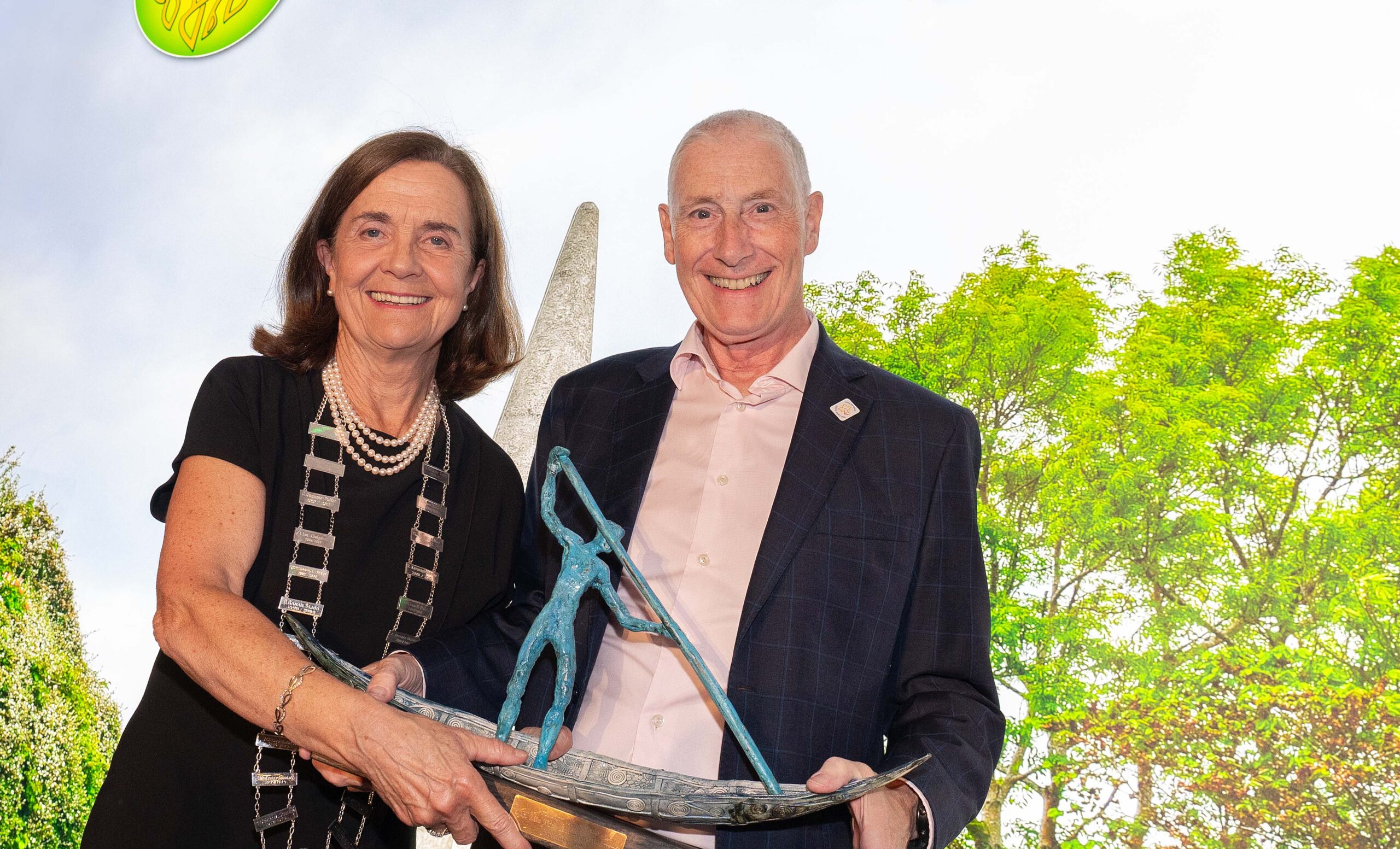
Medicine needs more heretics who are prepared to step beyond the stultifying confines of groupthink
Here I present a tale of two papers. In the first one, Unwin et al (BMJ Nutr Prev Health 2023;0: e000544) describe how a low-carbohydrate approach adopted by 186 patients with type 2 diabetes (T2D) at a general practice in Southport, England, proved successful, with remission of T2D “achieved in 77 per cent with T2D duration less than one year, falling to 20 per cent for duration greater than 15 years. Overall, remission was achieved in 51 per cent of the cohort.” Competing interests? None. Possible side-effects? None. Economic effect? The Southport practice spends £68,353 less on diabetes drugs.
In the second paper, Wilding et al (N Engl J Med 2021;384:989-1002) describe a double-blind trial of 1,961 diabetes-free, overweight, or obese adults randomly assigned to receive a weekly injection of a glucagon-like peptide-1 analogue or placebo, plus “lifestyle intervention”. Those receiving the analogue achieved “sustained, clinically relevant reduction in body weight”. Competing interests? The authors’ statement runs to 628 words (four-times more than I’ve written thus far). Possible side-effects? The patient leaflet includes, inter alia, an up to one-in-10 chance of retinopathy, and an approximate one-in-100 chance of acute pancreatitis. Economic effect? According to www.diabetes.co.uk, four x once weekly doses of the drug costs £73.25.
The media response to the first paper was sotto voce compared to its blaring fortissimo at the news that the drug trialled in the second paper was endorsed by the UK’s National Institute for Health and Care Excellence, albeit “limited to two years because of restricted time in specialist weight management services and lack of evidence for longer use”.
Some healthcare professionals all but sang hosannas, with an influential London-based cardiologist tweeting an exultant “Great news!” at the prospect of another anti-obesity drug coming to market. However, another cardiologist, keen to strike a more cautious tone, gave an inadvertent insight into the flawed thinking that exemplifies much of the medical profession’s approach to the treatment of diet-related chronic disease. They asserted that such anti-obesity drugs are “absolute life-changers” at an individual level, but less so at a population level. To achieve the latter, suggests the cardiologist, “enormous environmental and societal change” is needed, and for those struggling with obesity today, waiting for such change “is not really an option”.
The cardiologist’s failure to explain why this “enormous environmental and societal change” is “not really an option” is understandable because it would demand acknowledgement of a burgeoning evidence-base – pace Unwin et al (2023) – showing that behaviour change, eating real food, and abstaining from sugary ultra-processed junk can address insulin resistance, hyperinsulinaemia, and excessive carbohydrate consumption, the true harbingers of obesity and T2D… and often without recourse to drugs.
But why such apparently wilful ignorance of the obvious? In their consideration of ‘Groupthink among health professional teams in patient care: A scoping review’, DiPierro et al (Med Teach 2022; 44: 309–318) cite groupthink as what happens “when highly cohesive groups exhibit premature consensus seeking (ie, premature closure on the group level) that leads to poor decision making… [and] …could occur at all levels of the hierarchy in health organisations, from frontline clinical teams to senior managers and leaders of the organisation”. Can groupthink be ameliorated? One approach cited by DiPierro et al involves “focusing on patient communication, opening channels to discuss unwieldy and complex issues on the patient’s goals of care, and maintaining compassion for the patient when faced with difficult decisions regarding care”.
And guess what? Unwin et al note that “[a]n essential component of our success appears to be the offer of hope while supporting people to consider different approaches to T2D”. For at least one individual reluctant to become a patient anytime soon, I reckon that if I were to be diagnosed with obesity and/or T2D, having a doctor “focusing on patient communication, [and] opening channels to discuss unwieldy and complex issues on the patient’s goals of care” would inspire me with more confidence than one who reaches for the prescription pad. The first doctor, by involving me as a collaborator, would help affirm my confidence and competence in shaping my own (possibly) medication-free health; the second doctor would give me tablets or an injection.
In his 1977 essay ‘Professionalised Service and Disabling Help’, Professor of Education and Social Policy John McKnight described modern heretics as “those professional practitioners who support citizen competence and convert their profession into an understandable trade…”. It seems to me that medicine needs more heretics who are prepared to step beyond the stultifying confines of groupthink.
A hundred years from now an historian comparing the dietary and pharmacological approaches to obesity and T2D outlined in this tale of two papers might begin with this Dickensian flourish: “It was the best of times, it was the worst of times, it was the age of wisdom, it was the age of foolishness, it was the epoch of belief, it was the epoch of incredulity, it was the season of light, it was the season of darkness, it was the spring of hope, it was the winter of despair.”





Leave a Reply
You must be logged in to post a comment.